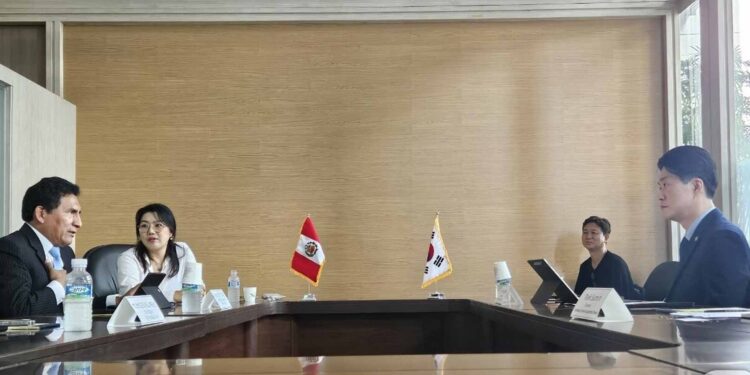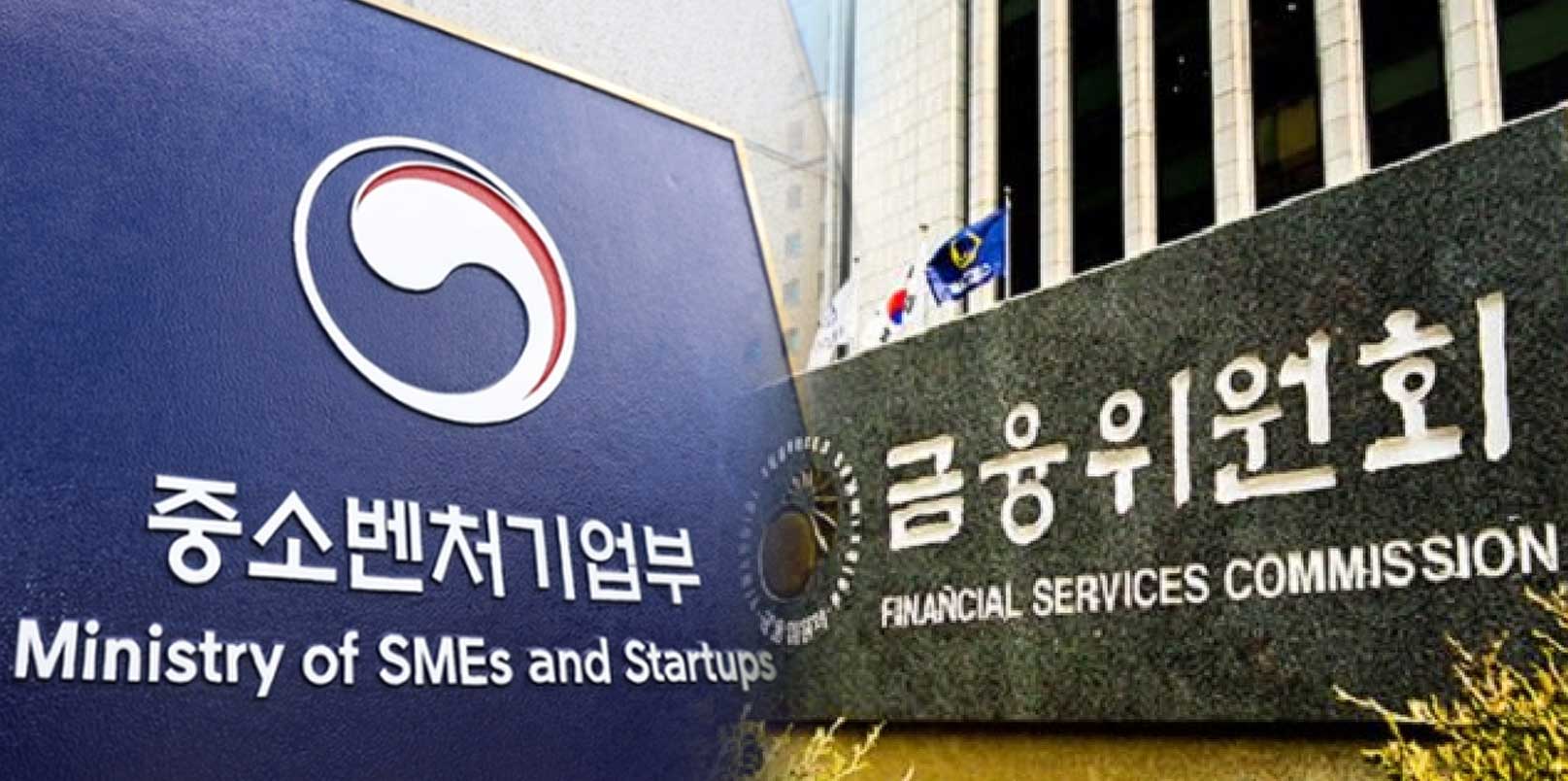As South Korea prepares to host the 31st APEC SME Ministerial Meeting in Jeju this September, Seoul is deepening cooperation with Peru, a key Pacific economy in Latin America. The two governments are aligning strategies on SME innovation, digital capacity, and trade, signaling wider opportunities for Korean startups exploring Latin American markets through stronger policy frameworks and cross-border partnerships.
Korea and Peru Build Momentum Ahead of APEC SME Ministerial in Jeju
South Korea is strengthening ties with Peru to expand small business and startup cooperation, using the 31st APEC SME Ministerial Meeting in Jeju this September as a catalyst for deeper regional collaboration.
On August 27, Vice Minister of SMEs and Startups Noh Yong-seok met with Peru’s Vice Minister of Production and delegation at the Government Complex in Seoul to discuss joint strategies for the upcoming meeting and future SME partnerships.
The discussions centered on building stronger bilateral networks, advancing digital capabilities for SMEs, and ensuring ministerial delivers meaningful outcomes for the region. The Jeju gathering, scheduled for September 1–5, is expected to bring together ministers, policymakers, and stakeholders from across the Asia-Pacific to focus on innovation-driven growth for small businesses.
Peru as a Strategic Gateway for Korean Startups
According to the Ministry of SMEs and Startups, Peru holds unique strategic importance for Korea’s startup ecosystem. Positioned along the Pacific coast of South America, Peru serves as both a gateway for trade with neighboring Latin American markets and a springboard for Korean companies seeking to expand into the region.
As a Free Trade Agreement (FTA) partner, Peru offers expanded tariff benefits, creating favorable conditions for active trade and investment flows. This foundation makes Peru a critical partner for Korea’s ambitions to build startup-driven innovation bridges across the Pacific.
Shared Commitments Ahead of Jeju APEC
Peru, which chaired last year’s APEC Leaders’ Meeting, has played an active role in supporting preparations for the Jeju SME Ministerial. During the Seoul talks, the Peruvian delegation reaffirmed its commitment to ensuring that the 2025 ministerial delivers substantive outcomes for member economies.
The two governments also explored avenues for digital transformation partnerships, recognizing that stronger digital capacity is essential for startups and SMEs to scale globally.
Vice Minister Noh Yong-seok emphasized the importance of sustained cooperation, stating:
“Korea and Peru have great potential to deepen collaboration across multiple fields while advancing mutual growth. We will continue to make every effort to strengthen bilateral exchanges and cooperation.”
Why This Matters for Korean Startups
For Korean startups, these discussions go beyond diplomatic ceremony. They reflect a widening policy agenda that connects domestic innovation policy with global market expansion strategies.
With Latin America increasingly seen as a growth frontier for Korean technology and services, closer ties with Peru signal fresh opportunities in:
- Trade and Investment: Leveraging FTA frameworks for smoother entry into Latin markets.
- Tourism and Services: Exploring Peru’s role as a cultural and economic hub in Latin America, which could support service-oriented and tourism-related ventures.
- Digital Innovation: Co-developing tools and platforms that boost SME competitiveness across borders.
By aligning the APEC SME agenda with bilateral cooperation, Korea is positioning its startups to play a larger role in shaping next-generation trade and innovation frameworks in the Asia-Pacific and Latin America.
Expanded Pathways into Latin American Markets
Finally, the Korea–Peru engagement illustrates how global startup diplomacy is evolving: beyond capital and technology, governments are investing in institutional pathways for SME and startup growth.
As Korea prepares to host APEC SME leaders in Jeju, the talks with Peru underscore Seoul’s ambition to make startup-driven cooperation a cornerstone of its international economic strategy.
If successfully implemented, this cooperation could provide Korean startups with expanded pathways into Latin American markets, enabling them to test new markets, expand investment channels, and build partnerships that extend beyond Asia-Pacific.
– Stay Ahead in Korea’s Startup Scene –
Get real-time insights, funding updates, and policy shifts shaping Korea’s innovation ecosystem.
➡️ Follow KoreaTechDesk on LinkedIn, X (Twitter), Threads, Bluesky, Telegram, and Facebook.










